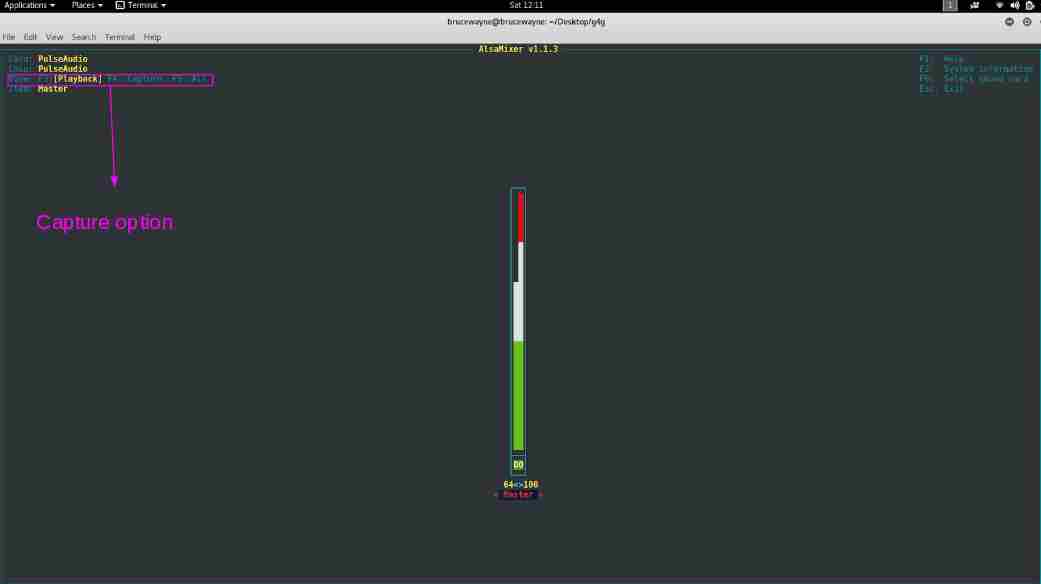除法运算符
如果我们正在移植代码或执行python 3。python 2中的x代码。x、 如果整数除法的更改未被注意到(因为它不会引发任何错误),这可能是危险的。在移植代码时,最好使用浮点值(如7.0/5或7/5.0)来获得预期的结果。
python
print 7 / 5 print - 7 / 5 ''' Output in Python 2.x 1 -2 Output in Python 3.x : 1.4 -1.4 # Refer below link for details ''' |
打印功能
这是最著名的变化。在这方面 打印 Python 2中的关键字。x被替换为 打印() 函数在Python3中使用。x、 然而,在Python 2中,如果在 打印 关键字,因为解释器将其作为表达式进行计算。
python
print 'Hello, Geeks' # Python 3.x doesn't support print ( 'Hope You like these facts' ) ''' Output in Python 2.x : Hello, Geeks Hope You like these facts Output in Python 3.x : File "a.py", line 1 print 'Hello, Geeks' ^ SyntaxError: invalid syntax Refer below link for details ''' |
我们可以看到,如果我们在python 2中使用括号。那么没有问题,但是如果我们在Python3中不使用括号。x、 我们得到了SyntaxError。
Unicode:
在Python 2中,隐式str类型是ASCII。但是在Python3中。x隐式str类型是Unicode。
python
print ( type ( 'default string ' )) print ( type (b 'string with b ' )) ''' Output in Python 2.x (Bytes is same as str) <type 'str'> <type 'str'> Output in Python 3.x (Bytes and str are different) <class 'str'> <class 'bytes'> ''' |
Python 2。x还支持Unicode
python
print ( type ( 'default string ' )) print ( type (u 'string with b ' )) ''' Output in Python 2.x (Unicode and str are different) <type 'str'> <type 'unicode'> Output in Python 3.x (Unicode and str are same) <class 'str'> <class 'str'> ''' |
xrange:
Python2的xrange()。Python3中不存在x。x、 在Python 2中。x、 range返回一个列表,即range(3)返回[0,1,2],而xrange返回一个xrange对象,即xrange(3)返回迭代器对象,该对象的工作原理与Java迭代器类似,并在需要时生成数字。 如果我们需要多次迭代同一序列,我们更喜欢range(),因为range提供了一个静态列表。xrange()每次都会重建序列。xrange()不支持切片和其他列表方法。xrange()的优点是,当任务在大范围内迭代时,它可以节省内存。 在Python 3中。x、 range函数现在与Python2中的xrange一样。x、 因此,为了保持代码的可移植性,我们可能需要坚持使用范围。所以Python 3。x的射程函数 是 从Python2开始。十、
python
for x in xrange ( 1 , 5 ): print (x), for x in range ( 1 , 5 ): print (x), ''' Output in Python 2.x 1 2 3 4 1 2 3 4 Output in Python 3.x NameError: name 'xrange' is not defined ''' |
错误处理:
两个版本中的错误处理都有一个小的变化。在python 3中。x、 “as”关键字是必需的。
python
try : trying_to_check_error except NameError, err: print err, 'Error Caused' # Would not work in Python 3.x ''' Output in Python 2.x: name 'trying_to_check_error' is not defined Error Caused Output in Python 3.x : File "a.py", line 3 except NameError, err: ^ SyntaxError: invalid syntax ''' |
python
try : trying_to_check_error except NameError as err: # 'as' is needed in Python 3.x print (err, 'Error Caused' ) ''' Output in Python 2.x: (NameError("name 'trying_to_check_error' is not defined",), 'Error Caused') Output in Python 3.x : name 'trying_to_check_error' is not defined Error Caused ''' |
__未来模块:
这基本上不是两个版本之间的区别,而是这里要提到的一件有用的事情。__future__模块的想法是帮助迁移到Python 3。十、 如果我们计划使用Python 3。x支持我们的2。x代码,我们可以使用 _未来_ 在我们的代码中导入。 例如,在Python 2中。在下面的x代码中,我们使用Python 3。x的整数除法行为使用_future__模块。
python
# In below python 2.x code, division works # same as Python 3.x because we use __future__ from __future__ import division print 7 / 5 print - 7 / 5 |
输出:
1.4 -1.4
我们在Python 2中使用括号的另一个例子。x使用未来模块:
python
from __future__ import print_function print ( 'GeeksforGeeks' ) |
输出:
GeeksforGeeks
提到 这 有关_未来_模块的更多详细信息。
本文由 阿比特·阿加瓦尔 .如果你喜欢GeekSforgek,并且想贡献自己的力量,你也可以写一篇文章,并将文章邮寄到contribute@geeksforgeeks.org.看到你的文章出现在Geeksforgeks主页上,并帮助其他极客。
如果您发现任何不正确的地方,或者您想分享有关上述主题的更多信息,请写下评论。


![关于”PostgreSQL错误:关系[表]不存在“问题的原因和解决方案-yiteyi-C++库](https://www.yiteyi.com/wp-content/themes/zibll/img/thumbnail.svg)





